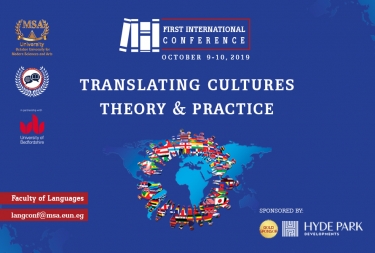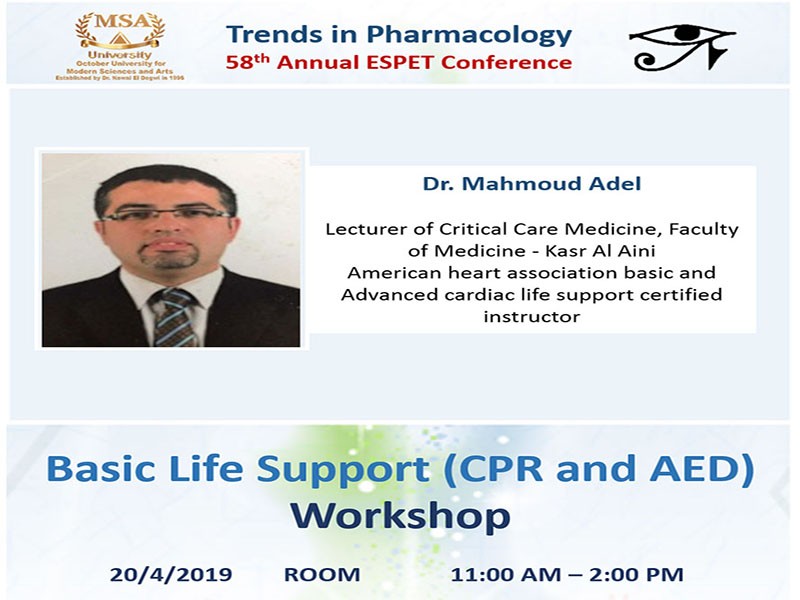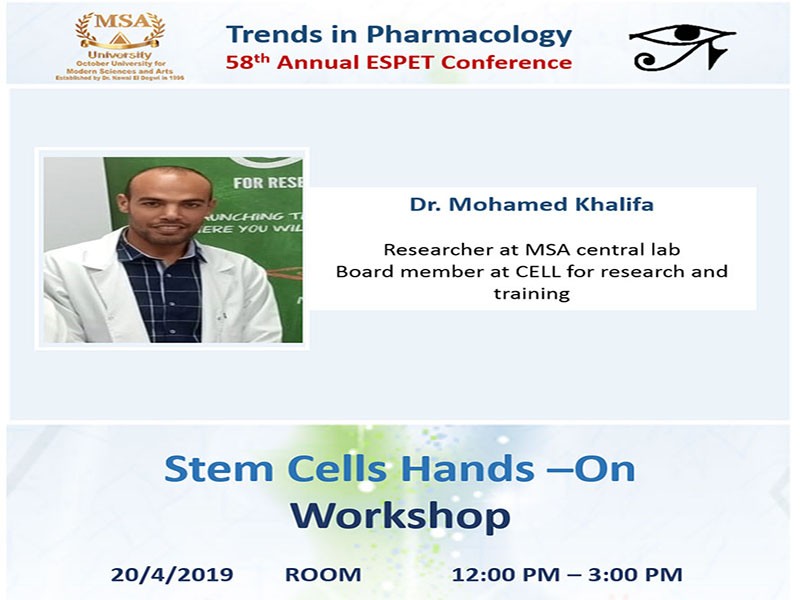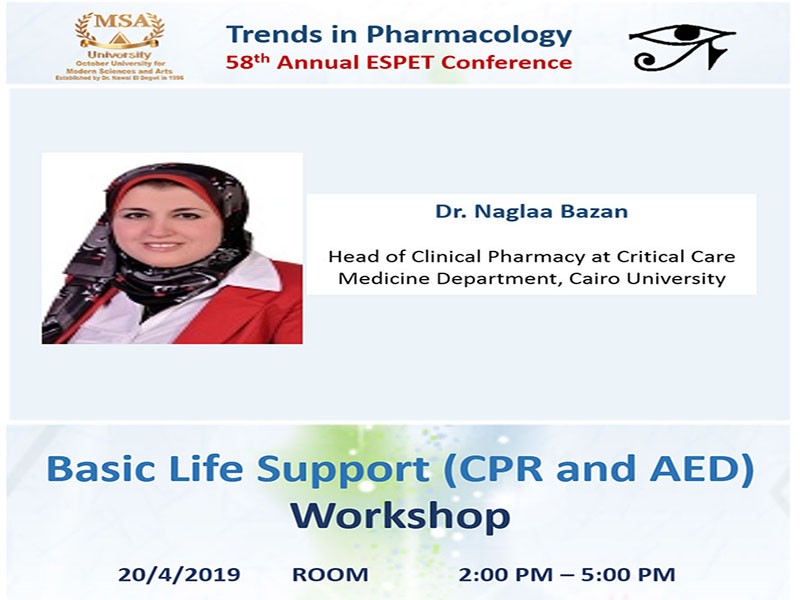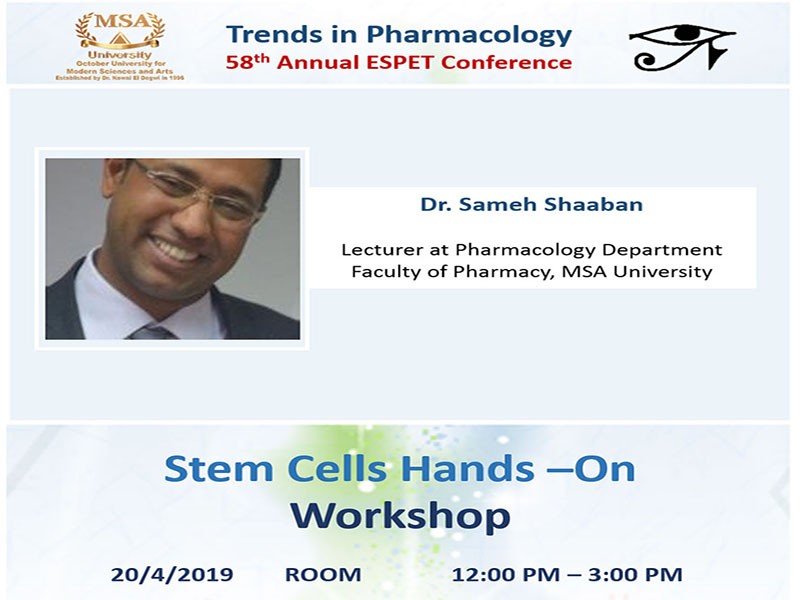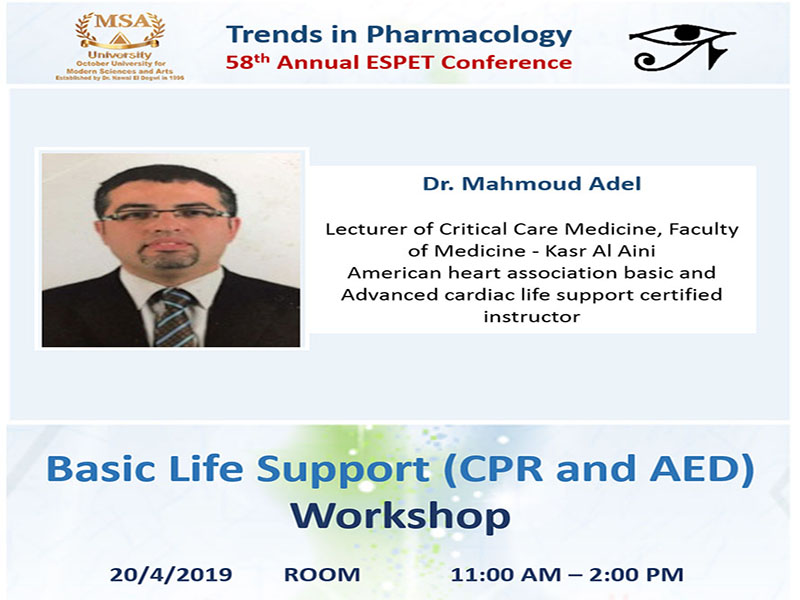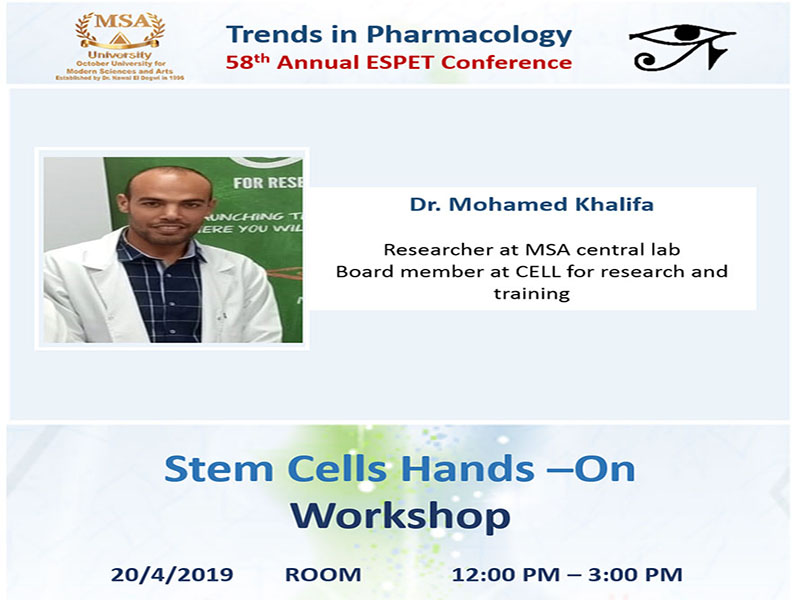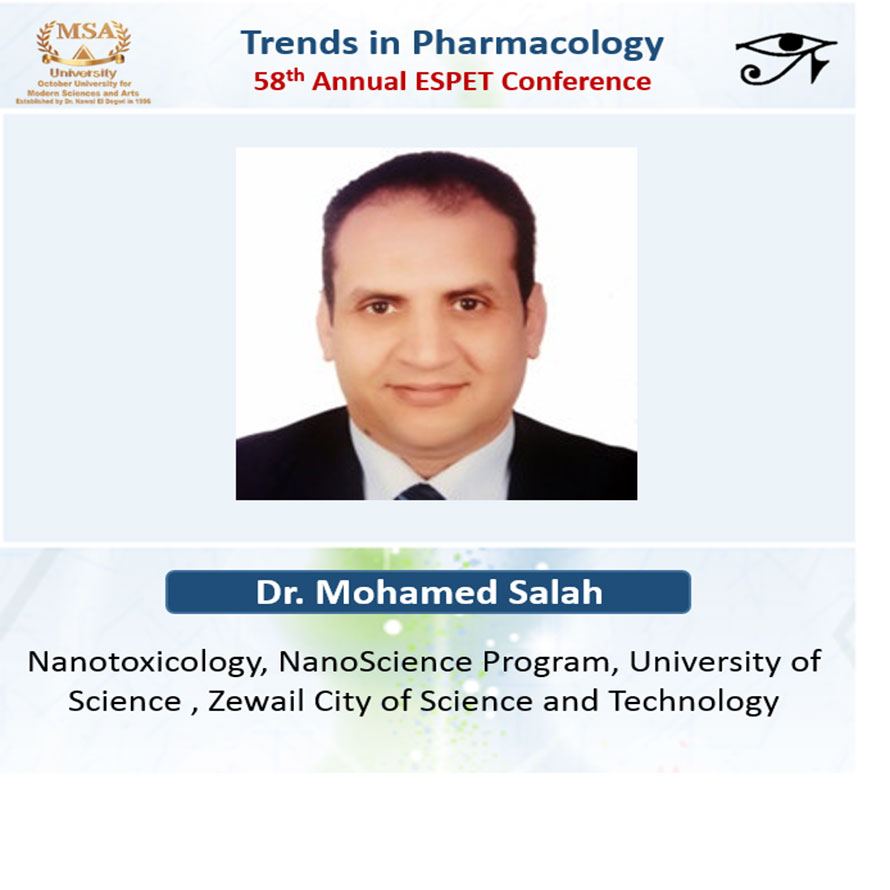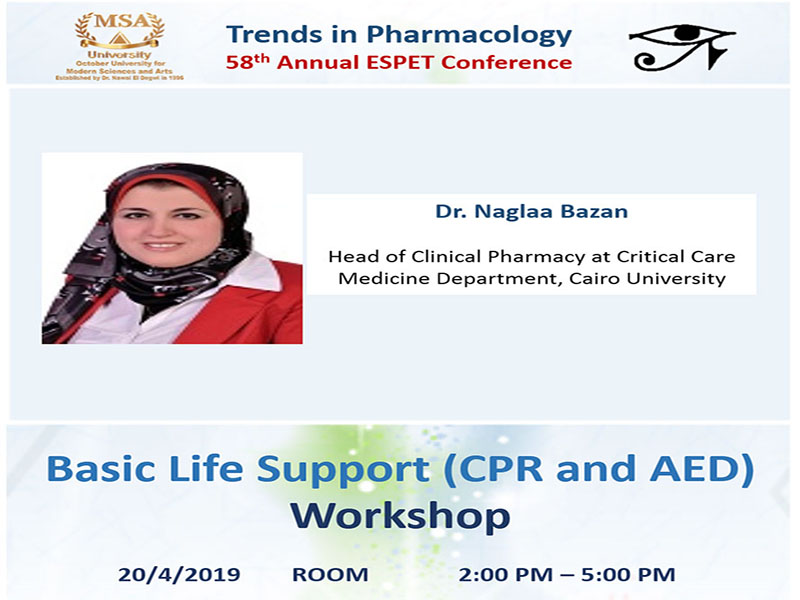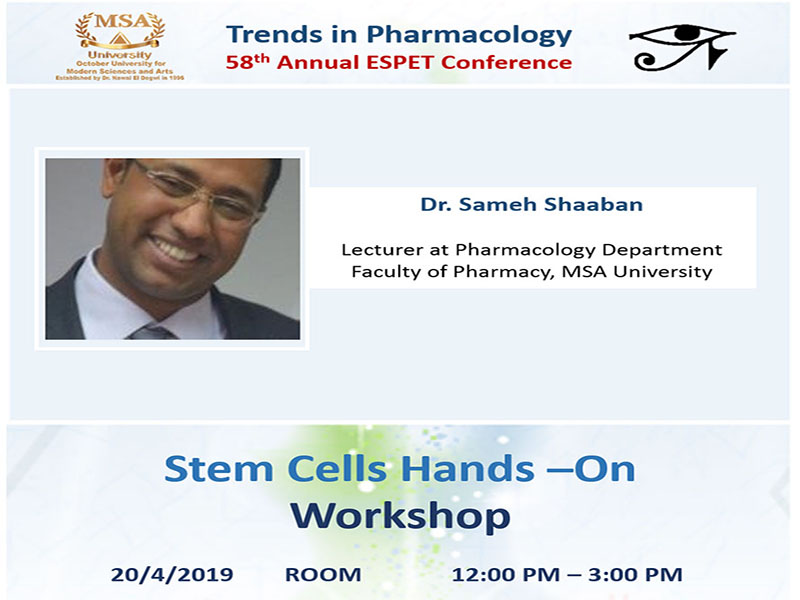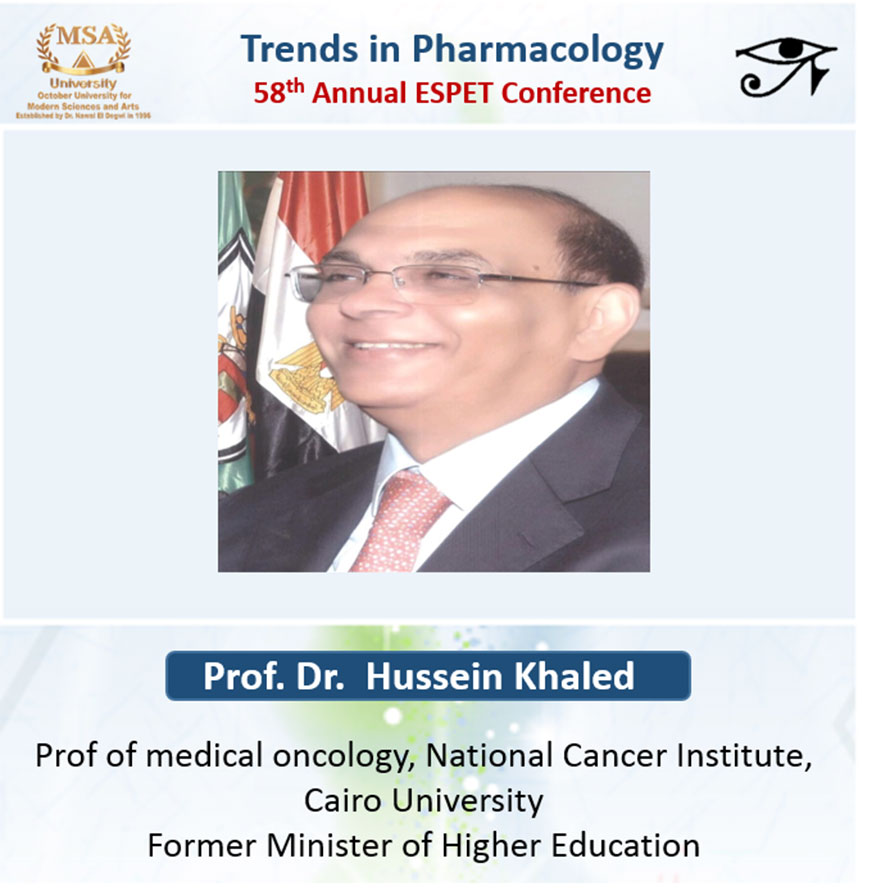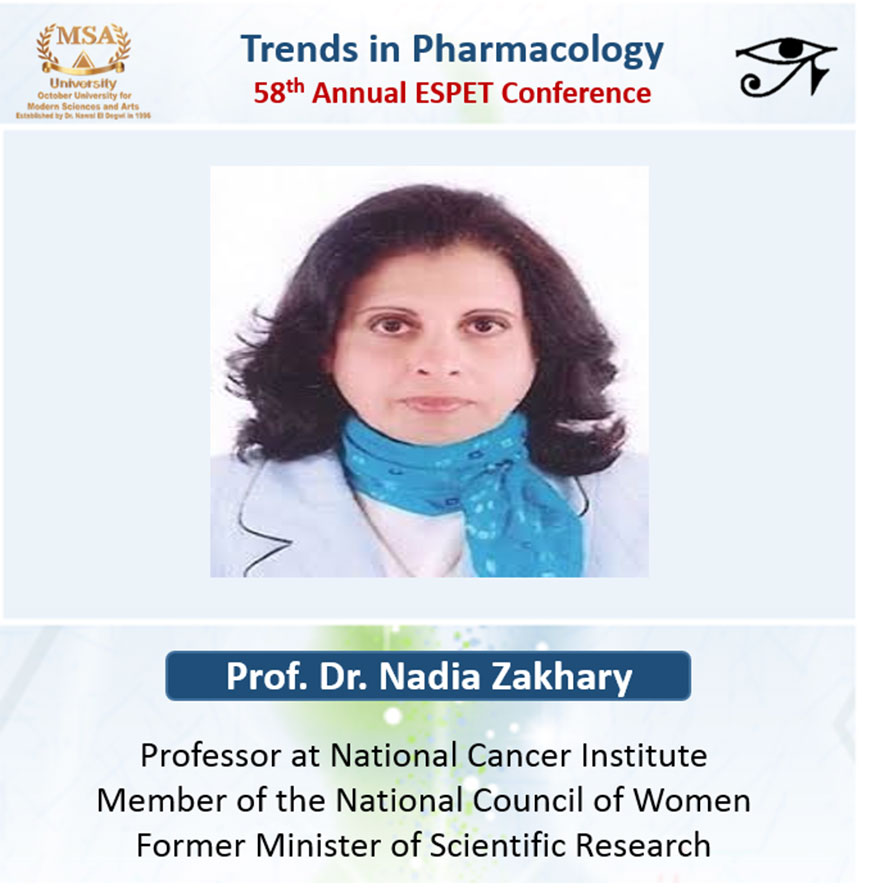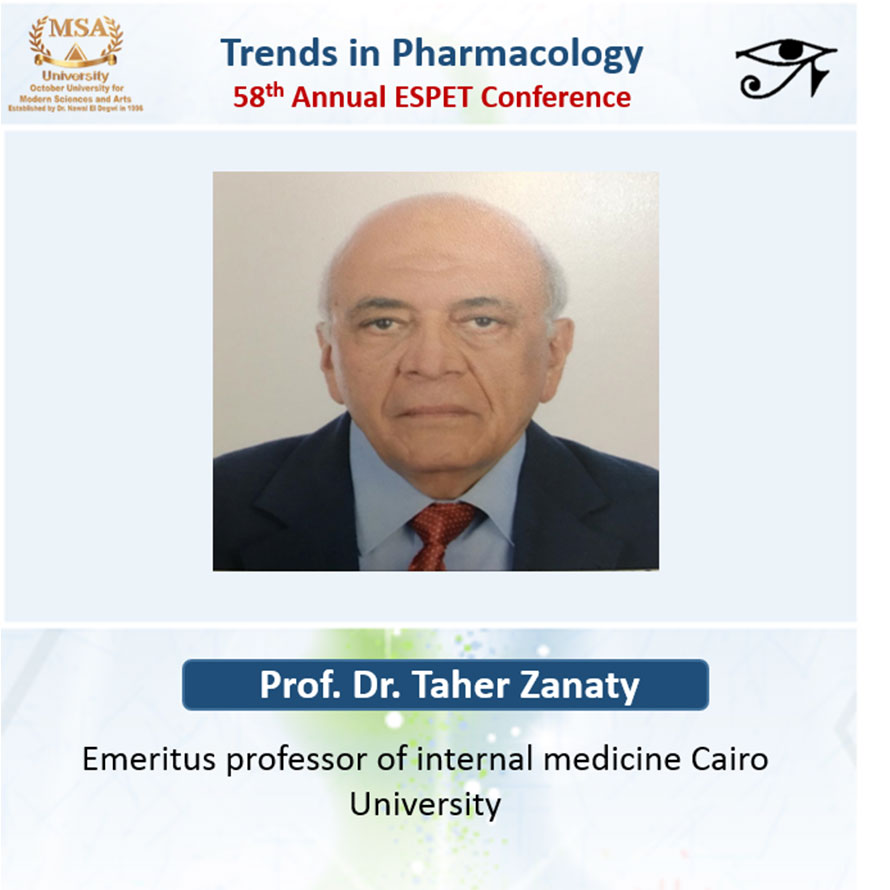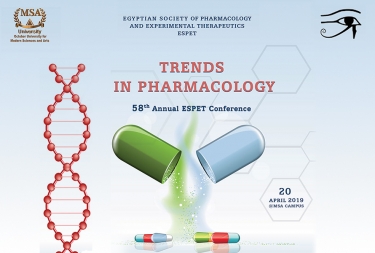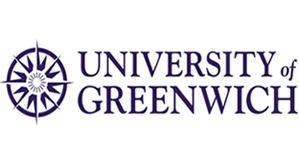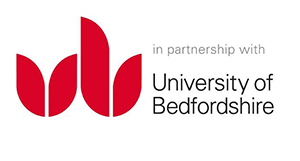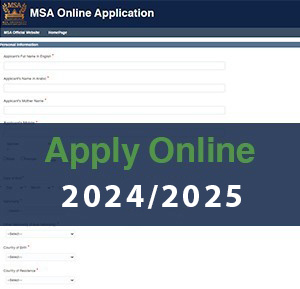The Path to City Resilience International Conference

This conference will be a chance to find new solutions and innovations in the resilient urban systems. These creative inventions can be a motive to dynamic, desirable and healthy communities. “The Path to City Resilience” conference is a fertile ground for architects, engineers, city planners, social and political scientists who able to consider new concepts and adapt them according to technological innovations and human desires.
Tel: +202-383-71114/5/6
Fax: +202-383-71543
E-Mail: This email address is being protected from spambots. You need JavaScript enabled to view it. - This email address is being protected from spambots. You need JavaScript enabled to view it.
Translating Cultures: Theory and Practice
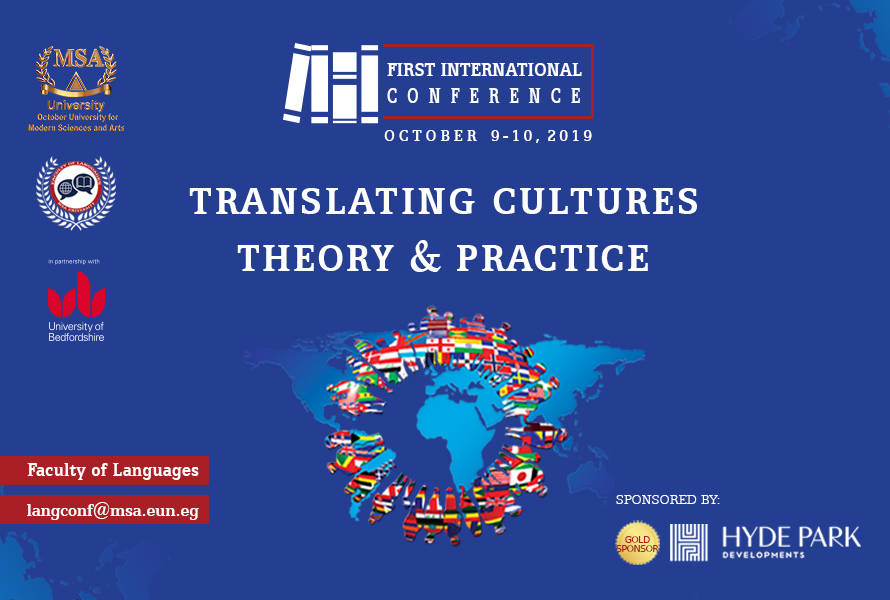
The conference offers an engaging platform for academicians, theorists, artists and practitioners from different backgrounds to share their ideas on how languages and narratives can be diversely understood across different cultures and contexts.
The conference aims to highlight the role of cultures and/or cultures in translation in enlightening people and transmitting diverse values, narratives and histories. This enlightenment contributes to a level of understanding that leads to appreciation, tolerance, acceptance and inter/cross-cultural communication.
Dear Colleagues
Please be advised that there would be a publication opportunity for the BEST 15 to 20 papers in a book adopted from the conference which will be published by Cambridge Scholar Publishing within a year after the end of the conference.
The Deadline for sending abstracts is thereby extended to June 30, 2019
1- Challenges of Cultural Translation
2- Transnationalism
3- Intercultural Encounters
4- Performing Cultures
5- History and Culture in Literary Texts
6- Translating History between Theory and Practice
7- Translation and Media
8- Culture and Education
9- Culture and Arts
10- Localization and Globalization
11- Language and Cultural Transformations
12- Multiculturalism and identity
13- Sociocultural Contexts in Teaching EFL
14- Digital Humanities
15- Cyber Culture
The Agenda
If you cannot view the below document, please click here | Download The 58th Annual ESPET Conference's Agenda.
Payments Details
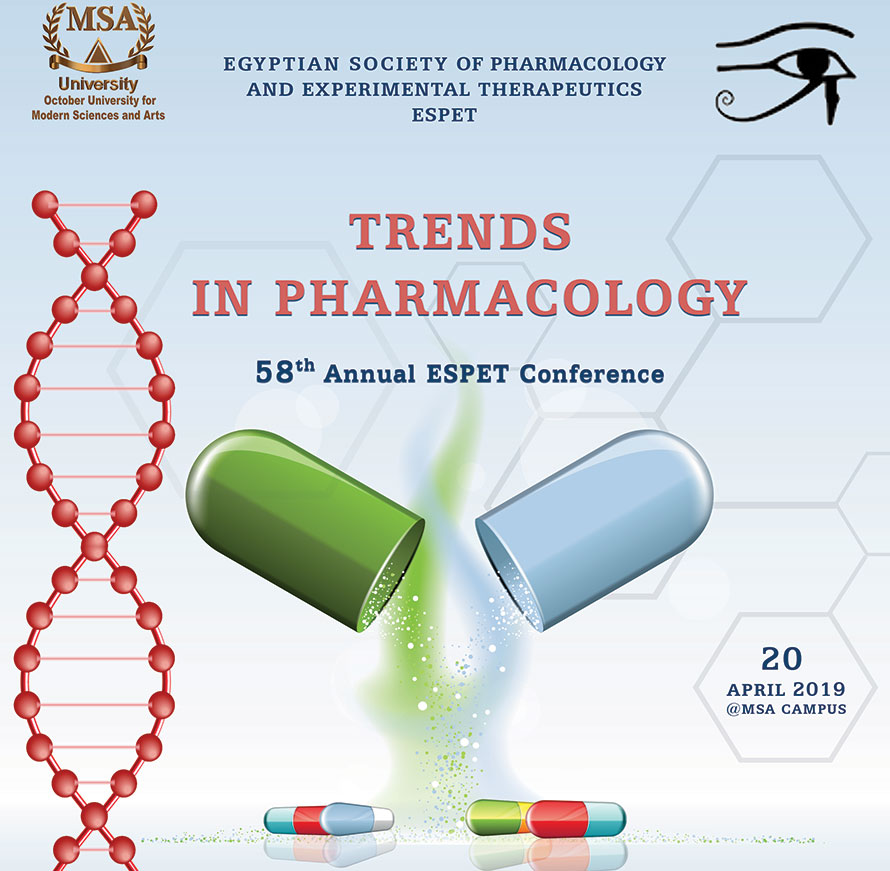
Conference Fees (Attendance/ Poster/ Oral presentation):
Participation fees for the Conference have been set at 400 LE for non-members of the Society and 300 LE for members. We therefore urge you, if you are not yet a member of the Society, to join by filling in an ESPET application form online or on site at the Conference. The fees will be reduced to its half value for all the T.As and L.As and will be only 100 LE for the students.
Payment methods:
- Vodafone cash: 01062690226
*** Please confirm your payment by sending a picture of the receipt to email: This email address is being protected from spambots. You need JavaScript enabled to view it.
CPR training course Fees:
CPR training course will be held as a workshop at the conference. For the CPR course, a certification from the Egyptian college of critical care physicians affiliated to the Egyptian medical syndicate will be given. The CPR course fees for staff and grads will be: 250 LE and only 150 for studentswho will register at the conference as well.
Payment methods:
- Vodafone cash: 01097768772
- Ahly Cash: 01554679429
*** Please confirm your payment by sending a picture of the receipt to email: This email address is being protected from spambots. You need JavaScript enabled to view it..
Stem Cell Workshop Fees:
Fees: 700 L.E and only 400 L.E for students who will register at the conference as well (Certificate, Hand-out Materials and Coffee break are included)
***Number of attendees is limited!
Payment methods:
- Vodafone cash: 01093265018
- Bank Transfer: EG Bank, Account No.: 252133
*** Please confirm your payment by e-mail or phone call.
Finally, for more information please contact us via:
Phone No.: 002 01093265018
WhatsApp: 002 0111 0719785
E-mail: This email address is being protected from spambots. You need JavaScript enabled to view it.
Abstract & Poster Guidelines

Abstract & posters guidelines:
Each abstract should include the following elements: title, author names with professional affiliations (position, dept., faculty and University or research center), background, aim of the study, methods, results, conclusions and keywords (3 to 5). It should be written in Times New Roman (Font: 12 pt) with word count from 200-250 words. Kindly, underline the name of the presenter. The posters should be presented as portrait with Size: A0 following the outline of the abstract (background, aim of the study, Methods, Result and Conclusions) and using figures and tables to present the results. Kindly, print your poster in good time and bring it with you to the Conference.
Registration Form:
The 58th Annual ESPET Conference - workshop

CPR Training Course:
CPR training course will be held as a workshop at the conference. For the CPR course, a certification from the Egyptian college of critical care physicians affiliated to the Egyptian medical syndicate will be given. The CPR course fees for staff and grads will be: EGP 250 and only EGP 150 for students who will register at the conference as well (registration link to the course: https://goo.gl/forms/f2xcn6vujLqZZauT2). For any queries and more details, please don’t hesitate to contact Amany El-brairy (email: This email address is being protected from spambots. You need JavaScript enabled to view it.) or Mohamed T. Khayyal (This email address is being protected from spambots. You need JavaScript enabled to view it.). We are looking forward for your active participation.
Stem Cells Workshop:
Duration: (1 day) 20 April 2019, From 12:00 PM to 03:00 PM.
Course content:
Theoretical part:
- What Stem Cell is?
- History of Stem Cell therapy
- Different types of Stem Cell.
- Mesenchymal Stem Cell
-Applications of Stem Cell.
Practical Session:
- Dissecting out femur and tibia of mouse.
- Aspiration and culturing of bone marrow aspirates.
- Culturing of Stem Cell.
- Stem Cell Counting.
Workshop instructors:
Stem Cells Workshop Registration Form:
The 58th Annual ESPET Conference

About:
The 58th annual conference of the Egyptian Society of Pharmacology and Experimental Therapeutics (ESPET) will be held this year at the premises of the Modern Science and Art University (MSA) for all the pharmacologists and pharmacy students. The meeting will take place on Saturday April 20, 2019.
The main theme of the conference is “Novel Trends in pharmacology” covering mainly autoimmune diseases and oncology in addition to a wide range of critically important sessions. The conference will invite leader speakers in the mentioned themes, providing you with the most recent advances in their field of specialization.
A pleasant surprise to pharmacology T.As and A.L in any governmental university or research centers
we offer you 50 free registrations to attend the egyptian society of pharmacology conference, offered by Dr. Abdelfatah Marie (professor of pharmacology, faculty of medicine, cairo university)
this offer is for the 1st 50 registrees so hurry up and go to the conference website for registration.
Registration Form (Attendance/ Poster/ Oral Presentation):
Sponsors:
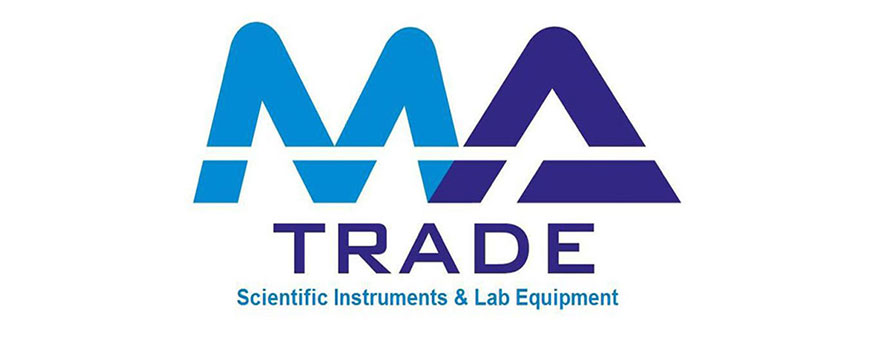
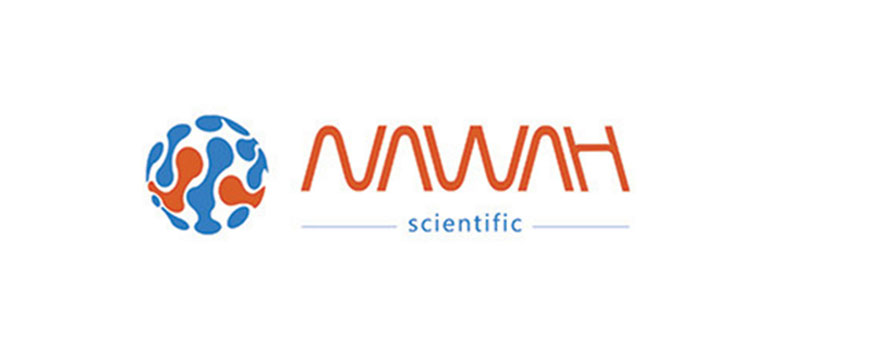
MSA's 3rd Annual International Conference In Higher Eduacation
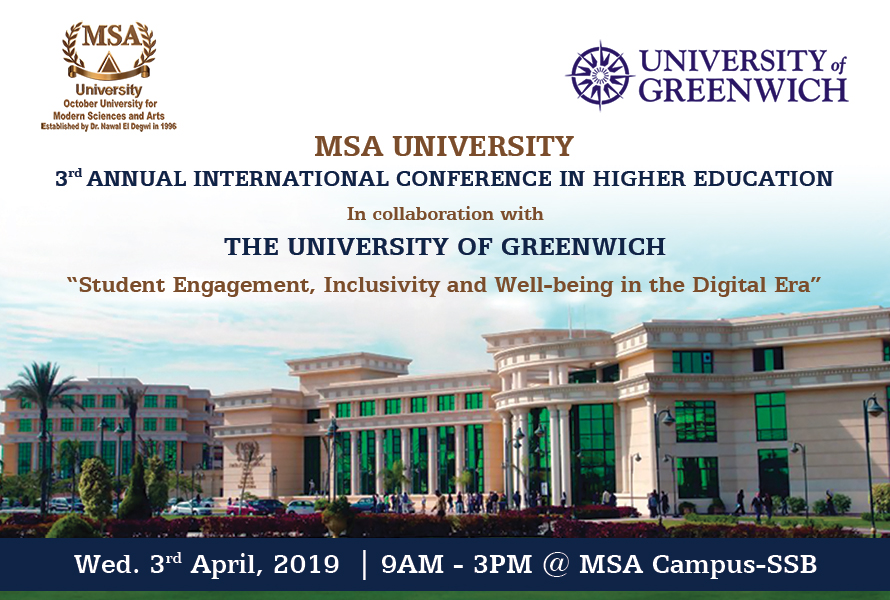
You are invited to attend our MSA-Greenwich third annual international collaborative conference on Higher Education. The conference is titled Student engagement, inclusivity and well-being in the digital era and takes place at MSA University (SSB Halls & B206), Egypt, on Wednesday 3rd April, 2019 at 9 am - 3 pm. There are participants from UK (our partner University of Greenwich) and Egypt (MSA University).
Our one-day conference will explore the challenges, opportunities, and transformations that are shaping how we respond to determining the future of Higher Education in Egypt, and globally, in ways that enables all students to succeed at university and in their future careers. In our intensifying technological environments, does technology hinder or help us to teach inclusively?
Academic staff are increasingly employing technologies in their curriculum design and teaching to stimulate and encourage learning and provide an enhanced, and hopefully, more inclusive student experience. Educators’ roles are changing and it is a good time for us to critically reflect how we can best support all students throughout their higher education journey: what are the unintended consequences of introducing technology, how can we help all our students to thrive in the digital world? Where can technology create distinctive opportunities and support diverse groups of students across the subjects we teach? Where might it benefit students to stop using technology? What role might students play in determining their experience?
Through examining the practices that take place in physical and virtual learning spaces, we provide a platform to share and contextualise our own experiences with colleagues from MSA and our UK partner institutions. The five conference sub-themes are:
1. Maximising student learning (curriculum design & delivery, transition, internationalising the curriculum, metrics and analytics)
2. Well-being and resilience (international student transition, enriching the student and staff experience, strengthening personal tutoring and academic support)
3. Inclusiveness (exploring innovative pedagogies and sustainable approaches that increase access and participation, supporting differentiation and personalisation.
4. Using students as agents of change, (student representation, student voice, student experience, virtual and physical spaces for improved staff-student interaction).
5. Engaging employers (designing for employability, work placements & internships, alumni).
Conference Schedule:
Click here to view or download the Conference Schedule
Previous conferences:
https://showtime.gre.ac.uk/index.php/msa/msa2018
https://showtime.gre.ac.uk/index.php/msa/msa2017
Conference Organizers:
Dr. Heba Mohamed Adel (This email address is being protected from spambots. You need JavaScript enabled to view it.)
Dr. Maan Gailani (This email address is being protected from spambots. You need JavaScript enabled to view it.)
Dr. Shahira Ezzat (This email address is being protected from spambots. You need JavaScript enabled to view it.)
Dr. Islam El-Shaarawy (This email address is being protected from spambots. You need JavaScript enabled to view it.)
Dr. Mohamed Khalil (This email address is being protected from spambots. You need JavaScript enabled to view it.)
Dr. Gihan Hammad (This email address is being protected from spambots. You need JavaScript enabled to view it.)

